Sealife guideThe olive ridley sea turtleLepidochelys olivacea
Last updated on 06/24/2024 at 10:48 PM
Taxonomy
- Common name: Olive ridley sea turtle, Pacific ridley turtle
- French name: Tortue de mer olivâtre
- Scientific name: Lepidochelys olivacea (Eschscholtz, 1829)
- Family name: Cheloniidae
- Order name: Testudines
- Class name: Sea reptiles
Did you know ?
The olive ridley sea turtle is listed as many other marine species within The
IUCN Red List of threatened species. The olive ridley sea turtle appears in the
IUCN Red List since 2008 within the category Vulnerable !
Within the same genus

Kemp's ridley sea turtle
(Lepidochelys kempii)
Within the same family

Flatback sea turtle
(Natator depressus)

Green sea turtle
(Chelonia mydas)
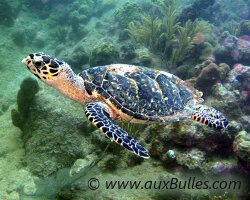
Hawksbill sea turtle
(Eretmochelys imbricata)
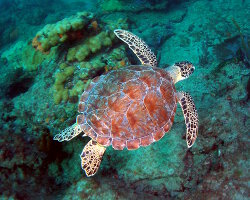
Loggerhead sea turtle
(Caretta caretta)

Sea turtle
(7 espèces)
Discover also
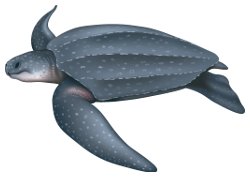
Leatherback sea turtle
(Dermochelys coriacea)
The marine species
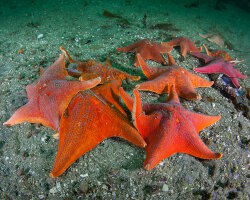
Bat sea star
(Patiria miniata)

European conger eel
(Conger conger)

Galapagos shark
(Carcharhinus galapagensis)

Longspot snapper
(Lutjanus fulviflamma)
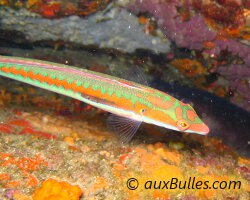
Mediterranean rainbow wrasse
(Coris julis)

Red sea thicklip wrasse
(Hemigymnus sexfasciatus)
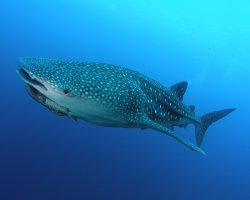
Whale shark
(Rhincodon typus)
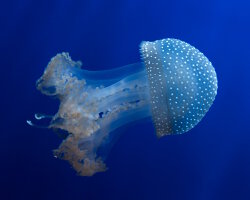
White spotted jellyfish
(Phyllorhiza punctata)
Our latestUpdates
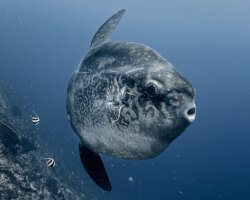
Friday, September 5th 2025
The bump-head sunfish
Learn about the bump-head sunfish (Mola alexandrini), the world's heaviest bony fish, its habitat in tropical and temperate oceans, diet of jellyfish, deep-water behavior and record size over 6,000 lbs.
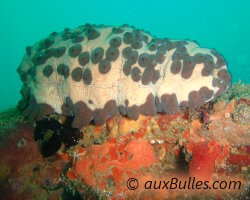
Wednesday, September 3rd 2025
The chocolate chip sea cucumber
The chocolate chip sea cucumber has a massive cylindrical body that is beige in color, covered with a set of dark brown pustules resembling chocolate chips that protrude slightly from the surface, giving it a resemblance to a cookie, hence its french name. It can reach a length of about 12 inches when fully grown.
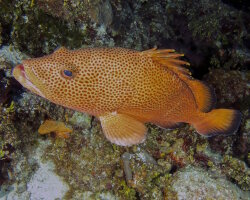
Monday, September 1st 2025
The red hind grouper
The red hind grouper has a distinctive appearance, usually beige to brown in color, with numerous red or brown spots covering its entire body and the base of its fins. It is often found in the shallow waters of coral reefs and rocky areas, where it hides in crevices and cavities.
Photo of the Day
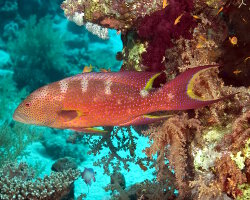
Mérou croissant de lune
(Variola louti)




















